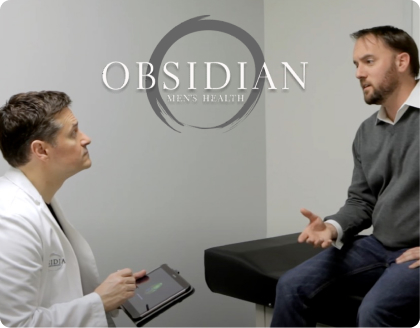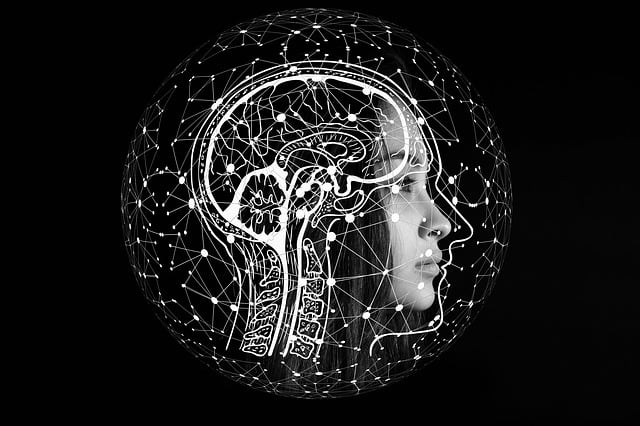
In this article, I will be discussing the effects of low testosterone on memory and cognitive function. Low testosterone levels have been associated with reduced memory and cognitive impairment, so I will review the scientific data on this issue. Testosterone replacement therapy or TRT can reverse the adverse effects of low testosterone on brain health in some men.
What is Hypogonadism or Low T?
Hypogonadism is a condition in men resulting from inadequate testosterone levels leading to a variety of symptoms including low libido, fatigue, insomnia, depressive symptoms, brain fog and reduced exercise endurance. Hypogonadism is also called testosterone deficiency or just “low T”.
Low testosterone in men can be caused by underlying medical conditions as well as medications although idiopathic (unexplained) hypogonadism is most common.
Testosterone Levels in Men with Hypogonadism
Normal total testosterone levels in men range between 300-1,200 ng/dL. Men with low testosterone or hypogonadism will often have total testosterone levels below 300 ng/dL. Some men with low normal hormone levels may require testing of free or bioavailable testosterone to make the diagnosis of hypogonadism.
Cognitive Function
Cognitive functioning refers to multiple mental abilities including thinking, reasoning, verbal memory and decision making. There are multiple domains of cognitive function that can be assessed through a variety of methods. Cognitive function testing can be done in research and clinical settings. Cognitive abilities differ between individuals for a multitude of reasons including educational background, medical comorbidities and more.
The risk of cognitive decline increases with age. Everyone has experienced some form of age associated memory impairment but some patients may progress to more significant issues with brain function ranging from mild cognitive impairment to full blown dementia.
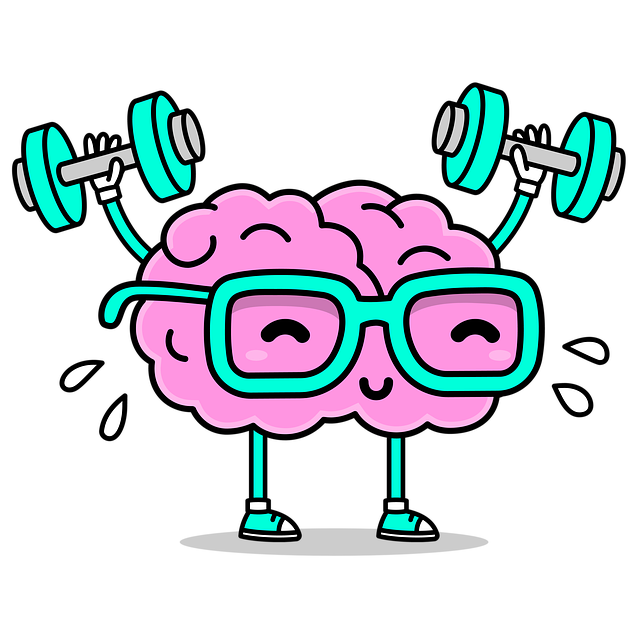
The Link Between Cognitive Health & Physical Health
As one might expect, overall physical health plays a significant role in mental health and brain functions. Medical comorbidities such as insulin resistance, high blood pressure, elevated cholesterol and kidney disease can increase the risk of Alzheimer’s disease.
The healthier we are from a metabolic and cardiovascular standpoint the less likely we will develop age related dementia or other impaired cognitive functioning.
Testosterone Deficiency & Brain Health
Sufficient testosterone is required for normal physiology. Hypogonadism can cause a multitude of symptoms that may impact one’s sex life including low libido, erectile dysfunction and difficulty reaching climax. Other symptoms of low testosterone include reduced energy levels, lack of motivation, depression, insomnia and reduced muscle mass.
Hypogonadism increases the risk of insulin resistance, reduced sperm production, weight gain and reduced bone density (osteoporosis).
Testosterone passes through the blood brain barrier so it’s an important hormone involved in supporting normal brain functions. Testosterone receptors are located in several parts of the brain including the cortex and hippocampus. When it comes to brain health, men with low testosterone may complain of brain fog, reduced mental clarity, memory loss and difficulty concentrating.
The Diagnosis of Low Testosterone

Men experiencing any symptoms of low testosterone warrant an evaluation. Hypogonadism is not just a disease of elderly men. The incidence of low testosterone does increase with age but young adults can also develop low testosterone.
The diagnosis of low testosterone begins with a complete medical history and physical examination. Laboratory testing to assess testosterone, estradiol levels and other sex hormone values will be performed. Multiple assessments of early morning testosterone are usually required to make an accurate diagnosis. A single testosterone level should not be used to make the diagnosis of a hormone imbalance.
Additional lab tests will be done if you are found to have low testosterone to rule out underlying causes such as pituitary tumors or thyroid dysfunction. Lab testing will also be done to assess overall health and to rule out other causes for the common symptoms of low T.
Some men who present with abnormal body composition may undergo DEXA scans to assess body fat, lean muscle mass and bone density.
If cognitive decline or memory loss is present, cognitive function testing may be ordered.
Testosterone Replacement Therapy
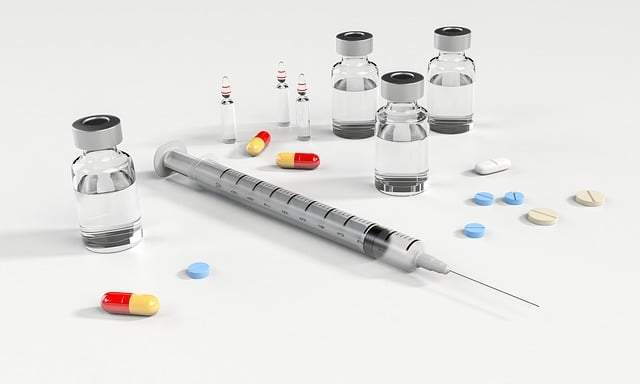
Testosterone replacement therapy (TRT) is the treatment for most cases of low testosterone or hypogonadism. The most common method of TRT is performed using synthetic testosterone which comes in a variety of forms including pills, gels and injections. TRT is sometimes referred to as hormone replacement therapy.
The goal of testosterone replacement therapy is to restore testosterone levels into the normal range. At our practice we usually correct testosterone levels into the top quartile of the normal reference range, somewhere between 700-900 ng/dL. Lower testosterone levels don’t always control symptoms.
Low testosterone symptoms typically respond to TRT in 90% of men as long as good testosterone levels are achieved. Testosterone treatment can take three months before men experience the clinical benefits of normal hormone levels.
Clinical Benefits of Testosterone Therapy TRT
Testosterone supplementation can yield a variety of clinical benefits through restoration of normal testosterone levels. Testosterone treatment can improve sexual performance, sex drive and energy levels. Men on testosterone therapy also report improved mood and sense of well being. Correcting low testosterone levels can also improve body composition and endurance.
Potential Medical Benefits of Testosterone Supplementation
Testosterone treatment can improve insulin sensitivity, depression, anxiety and bone mineral density.

Testosterone & Cognitive Function
Testosterone levels drop as men get older while brain health seems to decline. The association between lower testosterone values and reduced cognitive ability has always been of interest to the medical community.
Epidemiologic studies in men associate lower testosterone values with an increased risk of cognitive issues. Is this just an association or is the low testosterone causing the cognitive impairment?
Understanding an age related decline in cognition is a complex endeavor. Alzheimer’s disease is not completely understood despite important discoveries such as beta amyloid proteins. Memory loss can be caused by a multitude of medical issues that converge on brain health in unique ways.
Studies suggest that testosterone may have protective effects on the brain. There is some mechanistic data that demonstrates how testosterone could delay some of the pathology seen in Alzheimer’s disease.
Observational studies in men with prostate cancer treated with testosterone lowering drugs has demonstrated an increased risk of memory loss and dementia.
Research Limitations
Multiple studies have examined the association between low testosterone and a variety of cognitive abilities. Researchers have also examined the impact of testosterone supplementation on cognitive well being.
While there clearly appears to be an association between low testosterone levels and reduced cognitive capacity, testosterone supplementation has yielded mixed results upon systematic review of the science. Some studies suggest a benefit while others are no better than placebo.
A clear cut answer on this issue has been elusive to scientists due to a variety of factors. Study design, measurements of testosterone values and cognitive testing methodologies are quite variable across the literature making it difficult to embrace definitive conclusions.

Clinical Implications of TRT on Cognition
The best physicians in medicine use an evidence based approach to the diagnosis and treatment of disease. But medicine is more of an art than a science. Research guides the doctor but doesn’t always provide every solution.
Individuals are not populations. Clinicians don’t always use the same tools as the researcher when caring for patients.
Taking this into consideration, what do urologists see clinically when it comes to low testosterone and cognition? What are the clinical benefits to cognition when hypogonadal men are treated with testosterone supplementation?
Do Men Present with Cognitive Symptoms in the Urology Clinic?
The answer to this question is a definitive yes. In my experience, at least 50% of men presenting with symptoms of testosterone insufficiency will complain of cognitive issues.
The cognitive symptoms men report at presentation run the gamut including brain fog, reduced mental clarity, memory decline, a drop in mental agility and problems with spatial ability. The most common complaint is probably mental fog, reduced memory function and difficulty focusing.
The majority of men with low testosterone present with other symptoms beyond cognitive issues. However, occasionally I will see a patient whose sole reason for getting evaluated for low T is their cognitive symptomatology.
Evaluating Cognitive Concerns in Men
Low testosterone may cause issues with cognitive status in men. However, a multitude of medical conditions can also affect brain function and these must be considered when evaluating low T patients.
Many of the common symptoms of hypogonadism in fact, can be caused by other medical issues. Hence the reason a complete diagnostic evaluation must be performed by the clinician when seeing a male patient concerned about low testosterone.
As stated earlier, a complete history must be performed including an inquiry into their family history of dementia or other neurologic disease. Physical examination must be thorough and include basic neurologic testing and a general assessment of mental status.
Laboratory testing must exclude other metabolic causes of brain fog such as hypothyroidism, anemia and hyperglycemia. Risk factors for vascular dementia such as high blood pressure and dyslipidemia must be examined.
There are some biomarkers such as the apoE allele that can predict one’s risk of developing Alzheimer’s disease but this is not tested routinely.
If legitimate concerns regarding cognitive status are identified during the patient evaluation, referral to neurology for complex cognitive testing may be indicated. Brain fog and other cognitive symptoms can be the sign of more serious life threatening conditions.
Testosterone Treatment Results on Cognitive Status
Effective treatment of hypogonadism with testosterone formulations generally has a positive effect on cognitive symptomatology. Brain fog, memory, concentration and decision making generally improve. More often than not, I witness subjective improvements in cognition when men are on testosterone, especially improved memory and brain fog.
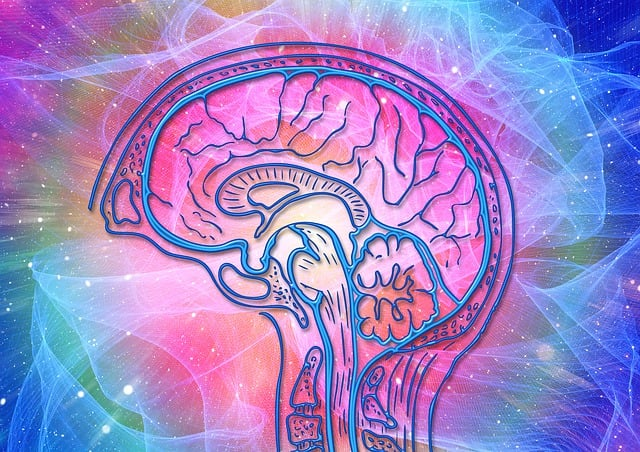
Most urologists, myself included, are not doing cognitive testing to objectively quantify the potential brain health benefits of TRT. More often than not, subjective patient assessments are all we take into account.
Again, if the patient has significant cognitive issues we may work with neurology and get objective data on their changes in cognitive health after starting testosterone therapy.
Concluding Thoughts
Low testosterone has been associated with cognitive impairment. Testosterone replacement therapy demonstrates mixed results in the literature when it comes to improving cognitive parameters. Clinically, men on testosterone tend to see improvements in brain fog, memory and other cognitive markers although this is mainly gleaned from subjective reports patients.

